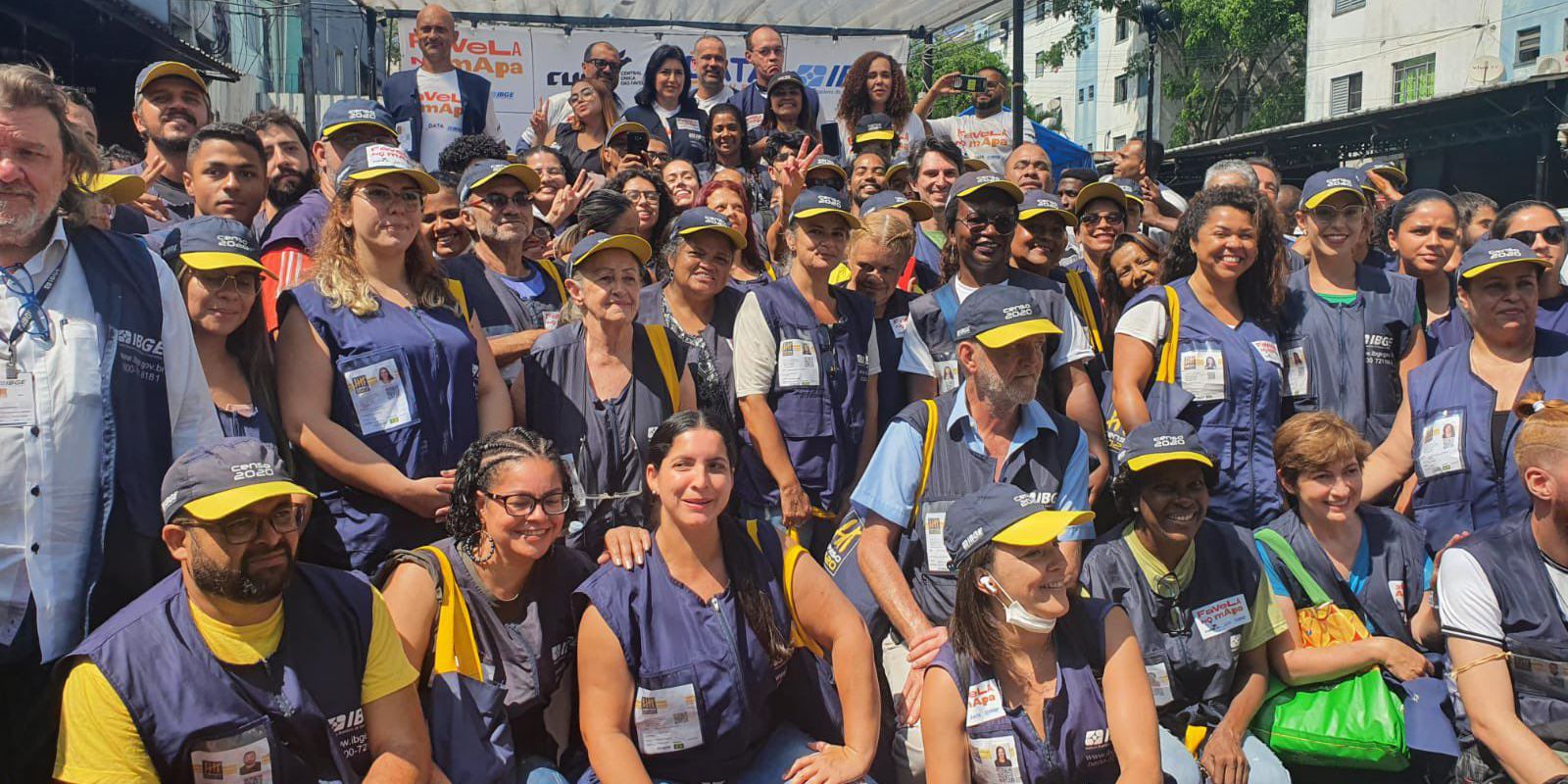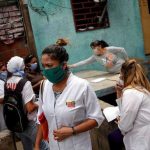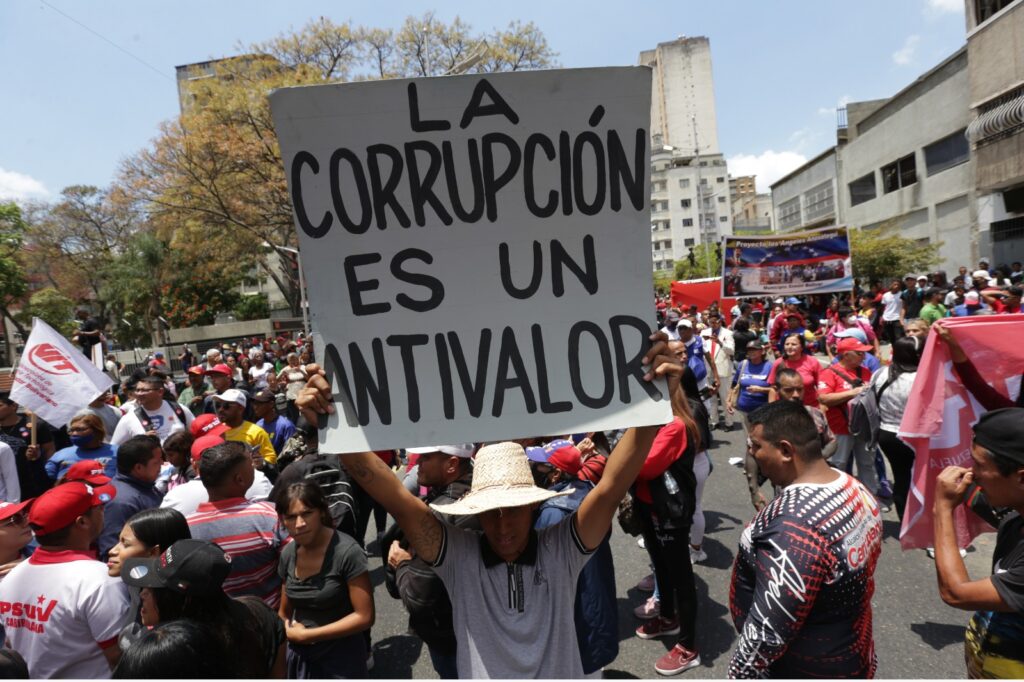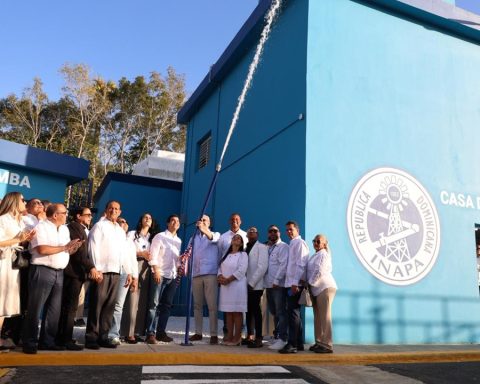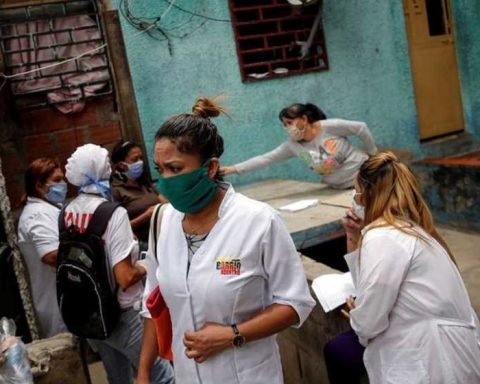“Opening the doors of their homes to the IBGE is opening the doors to a better life”. This is what the Minister of Planning and Budget (MPO), Simone Tebet, said today (25) in the launch of Favela on the Map, an action launched in partnership between the ministry, the Central Única das Favelas (Cufa), DataFavela and the Instituto Brazilian Institute of Geography and Statistics (IBGE), which will lead census takers to complete the Demographic Census in the Brazilian favelas.
“The word of the day is partnership to demonstrate the importance of people opening the doors of their homes to the IBGE”, highlighted the minister, at the event in Heliópolis, south of São Paulo. Tebet argues that census data allow the State to know the peculiarities of each location and decide where to invest public money correctly.
“I have a request for you: open the doors of your homes to the @ibgecomunica because that means opening the doors of your life to a better life”, said the minister @simonetebetbr in Heliopolis, Sao Paulo. pic.twitter.com/YF9uaBXfCF
— Ministry of Planning and Budget (@MinPlanejamento) March 25, 2023
According to IBGE data, throughout Brazil the rate of non-response to census takers is 6%. Meanwhile, in the state of São Paulo this rate is 11.5%. In agglomerations, such as favelas, communities, caves (ASGN), the lack of response reaches 8.1% in Brazil and 16.3% in São Paulo.
There are 11,403 AGSN across the country and a good part of the residents have already been registered within the regulatory deadline for the 2022 Census, which began in August of last year and ended on February 28 of this year. The Favela no Mapa operation represents a concentrated effort by the IBGE in the largest communities in the 26 capitals and the Federal District to cover areas that were left without collection.
Partnership
The partnership with Cufa and Data Favela will help open doors for the census in this mission. In these places, in addition to absence and refusal, there are other problems such as the omission of households (back or on the slab) and difficulties in access and circulation. According to the founder of Data Favela, Renato Meirelles, many favela residents do not respond to the census because they are afraid of losing their social benefits when responding to the data. However, he clarifies that this information is confidential.
Meirelles highlights the importance for all Brazilians to understand that we are living in the era of evidence-based public policies, which means that census data are essential to ensure that public policies reach where they are most needed. “And where they most need to reach is in the favela. It is impossible for the favela to be underrepresented in the census. Our goal is very clear. This partnership shows in practice and symbolically that the census is a challenge for all of Brazilian society.”
The president of Cufa Nacional, Kalyne Lima, stated that the action could expand the reach of the IBGE in more vulnerable territories, such as communities. “Our role is to promote mobilization, help census takers to reach these residences, convince people to pass on their data without fear and without believing negative rumours. territory”.
According to the interim president of the IBGE, Cimar Azeredo, 150 census takers are working on this Saturday’s action to reach around 15% of the remaining households to be interviewed across the country. “If each one does 14 interviews on each day of this weekend, we will close the census tomorrow. It is a possible job to be done, but we only managed because we have the support of Cufa, Data Favela and the population”, he said.
The census taker Leleane Luperine da Silveira highlighted the importance of participating in the project serving the majority of people, but also recalled that most residents do not serve IBGE employees. “People say they don’t have time, that they don’t want to respond and that there’s no reason to participate in the survey. What was missing was a little ant work to explain to people that the survey is to help the community”.
